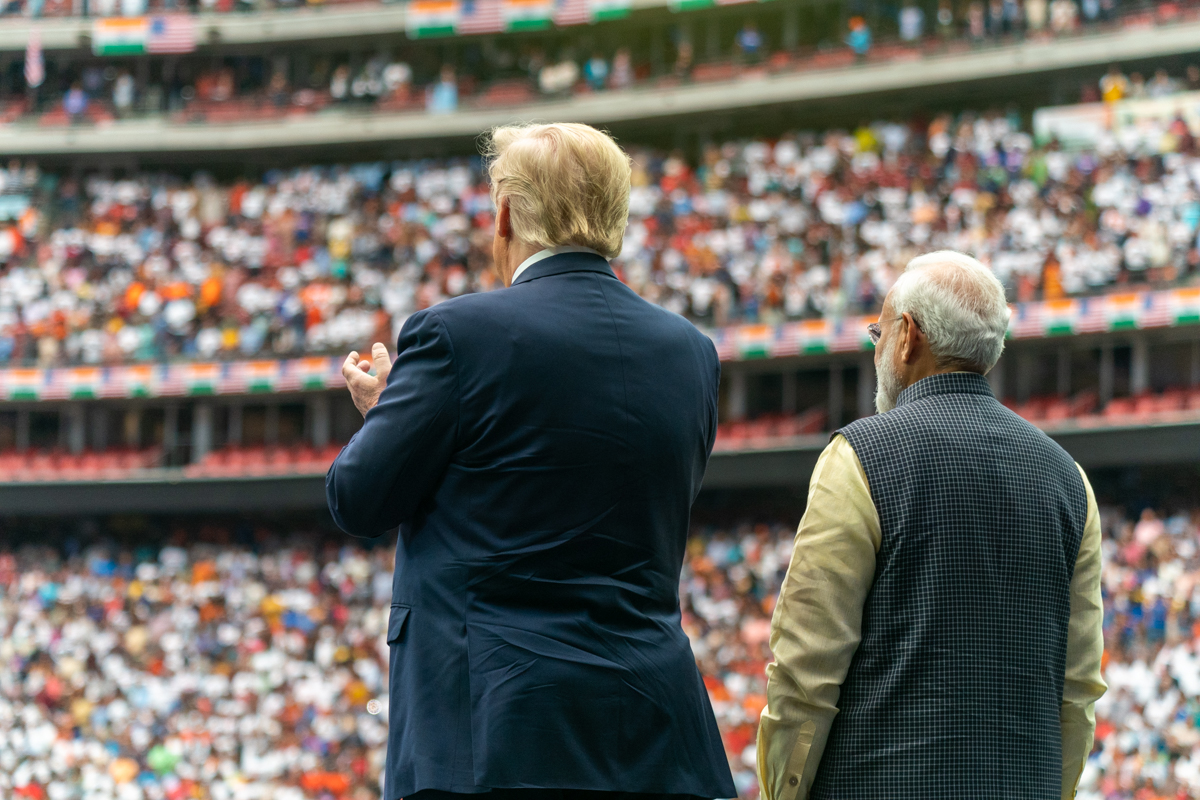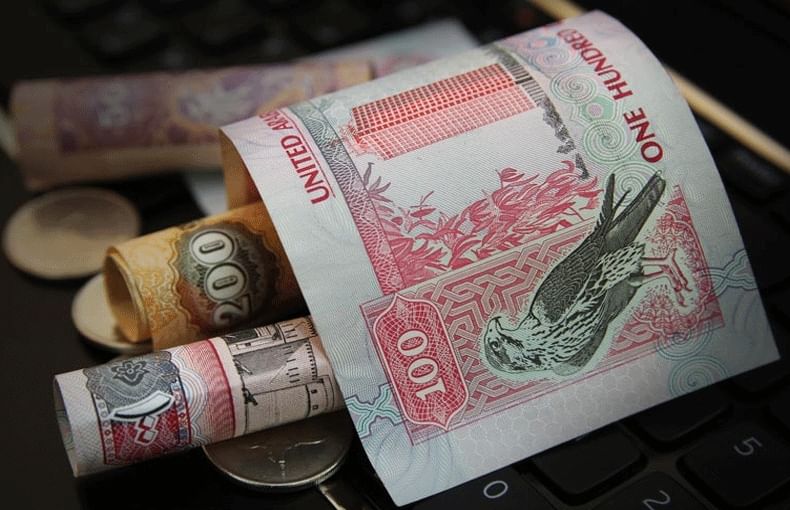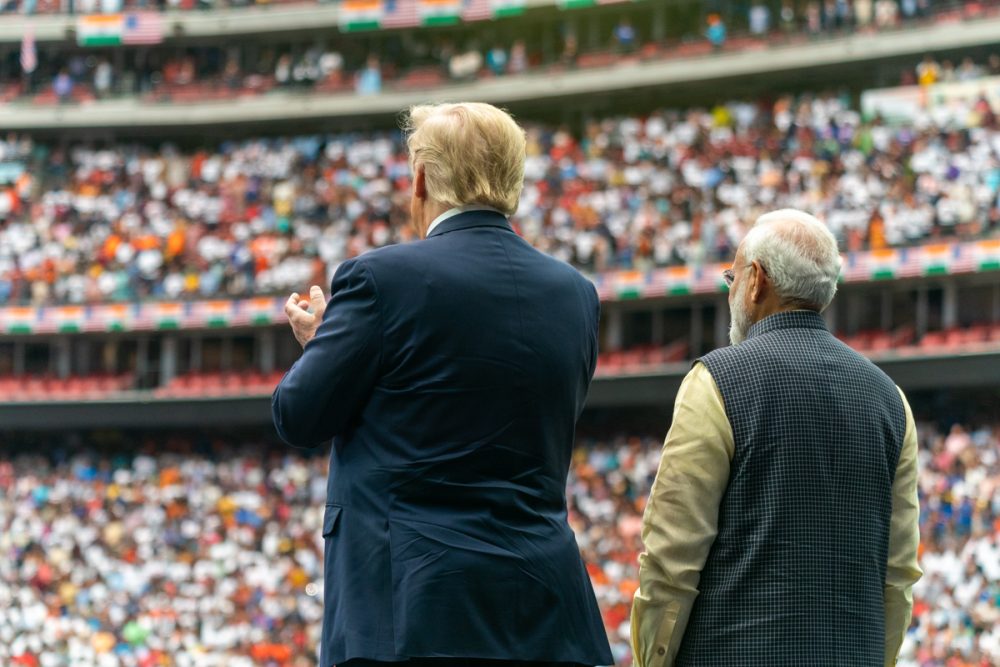Protesting students to face consequences such as ineligibility to complete the semester or graduate, as well as restrictions from university housing and academic facilities…reports Asian Lite News
Columbia University has taken action to suspend student protesters who remained at the on-campus encampment past the administration’s 2 pm ET deadline.
According to the New York-based university, these students will face consequences such as ineligibility to complete the semester or graduate, as well as restrictions from university housing and academic facilities.
“Once disciplinary action is initiated, adjudication is handled by several different units within the university based on the nature of the offense,” Vice President of Public Affairs Ben Chang said during a briefing Monday evening.
The Office of University Life and the university’s senate, representing students and faculty, oversee this process.
“Decisions made by the Office of University Life can be appealed to the dean of the student’s school,” said Chang, adding, “Decisions made by the senate can be appealed to a panel of deans and, ultimately, the university’s president.”
The decision to remove the encampment was partially motivated by the need to ensure the smooth continuation of the university’s commencement ceremony for its 15,000 graduates, Chang noted.
Earlier, students at Columbia had voted to defy the order to vacate the encampment, which has been a focal point of pro-Palestinian protests on campus.
This action at Columbia comes amid a wave of arrests and tensions at universities across the United States, with demonstrations in support of Palestinians drawing attention and, in some cases, police intervention.
In recent events, additional students were arrested at New York and Yale universities, along with nearly 100 at the University of Southern California, and others at Emory University in Atlanta, and Boston’s Emerson College. At the University of Texas at Austin, police dispersed a similar demonstration using riot gear and horseback. Additionally, 91 individuals, including 54 students, were arrested at Virginia Tech for trespassing after refusing to disperse, the university reported.
While these recent arrests have garnered significant attention, colleges across the US have been employing law enforcement measures, along with academic penalties such as suspensions and, in some cases, expulsion, to manage student protests since Hamas’ October attack on Israel, which resulted in over 1,200 deaths and numerous hostages.
The subsequent Israeli response in Gaza, with a reported death toll of over 34,000 Palestinians according to the health ministry, has intensified deeply entrenched perspectives among students and faculty.
Despite assertions from US students that their methods are peaceful, administrators often view campus protests as disruptive. Some institutions, including Indiana University, George Washington University, and California State Polytechnic University’s Humboldt campus, have used school regulations concerning public spaces to discipline or call for police intervention during demonstrations.
This situation underscores the inherent tension in higher education: balancing the principles of free speech with ensuring student safety, particularly for those of Jewish background who have expressed concerns about rising antisemitism nationally since October 7, occasionally linked with pro-Palestinian campus demonstrations.
According to Zach Greenberg of the Foundation for Individual Rights and Expression (FIRE), administrators appear to be more swift in imposing consequences on campus demonstrators compared to six months ago. FIRE is a non-partisan, non-profit organisation focused on defending free speech in colleges and universities.
The pro-Palestinian rallies have sparked intense campus debate over where school officials should draw the line between freedom of expression and hate speech.
Students protesting Israel’s military offensive in Gaza, including some Jewish peace activists, have said they are being censured as antisemitic merely for criticising the Israeli government or for expressing support for Palestinian rights.
“The movement itself is not antisemitic,” said Nicholas Fink, a freshman history major at Columbia who has not participated in the protests.
He is among a few dozen Jewish students who met privately with US House of Representatives Speaker Mike Johnson during a campus visit by Republican members of Congress last week. Johnson and other congressional Republicans have claimed that Columbia and other universities have turned a blind eye to antisemitic hostility and harassment on campus.
Some Jewish groups argue that anti-Israel rhetoric frequently delves into or feeds overt forms of anti-Jewish hatred and calls for violence, and thus should not be tolerated.
At the University of California, Los Angeles, where opposing sides clashed over the weekend, pro-Israeli activists set up a large screen and loudspeakers to play a tape loop of the October 7 attack on Israel by Hamas terrorists. The video appears aimed at countering pro-Hamas chants that seeped into campus protests in support of Palestinian civilians besieged in Gaza.
UCLA also stepped up security around a pro-Palestinian encampment, consisting of more than 50 tents surrounded by metal fencing near the main administration building on campus.
Civil rights groups have criticised law enforcement tactics on some campuses, such as Atlanta’s Emory University and the University of Texas at Austin, where police in riot gear and on horseback moved against protesters last week, taking dozens into custody before charges were dropped for lack of probable cause.
ALSO READ: US envoy’s JNU visit reportedly postponed amid campus protest













